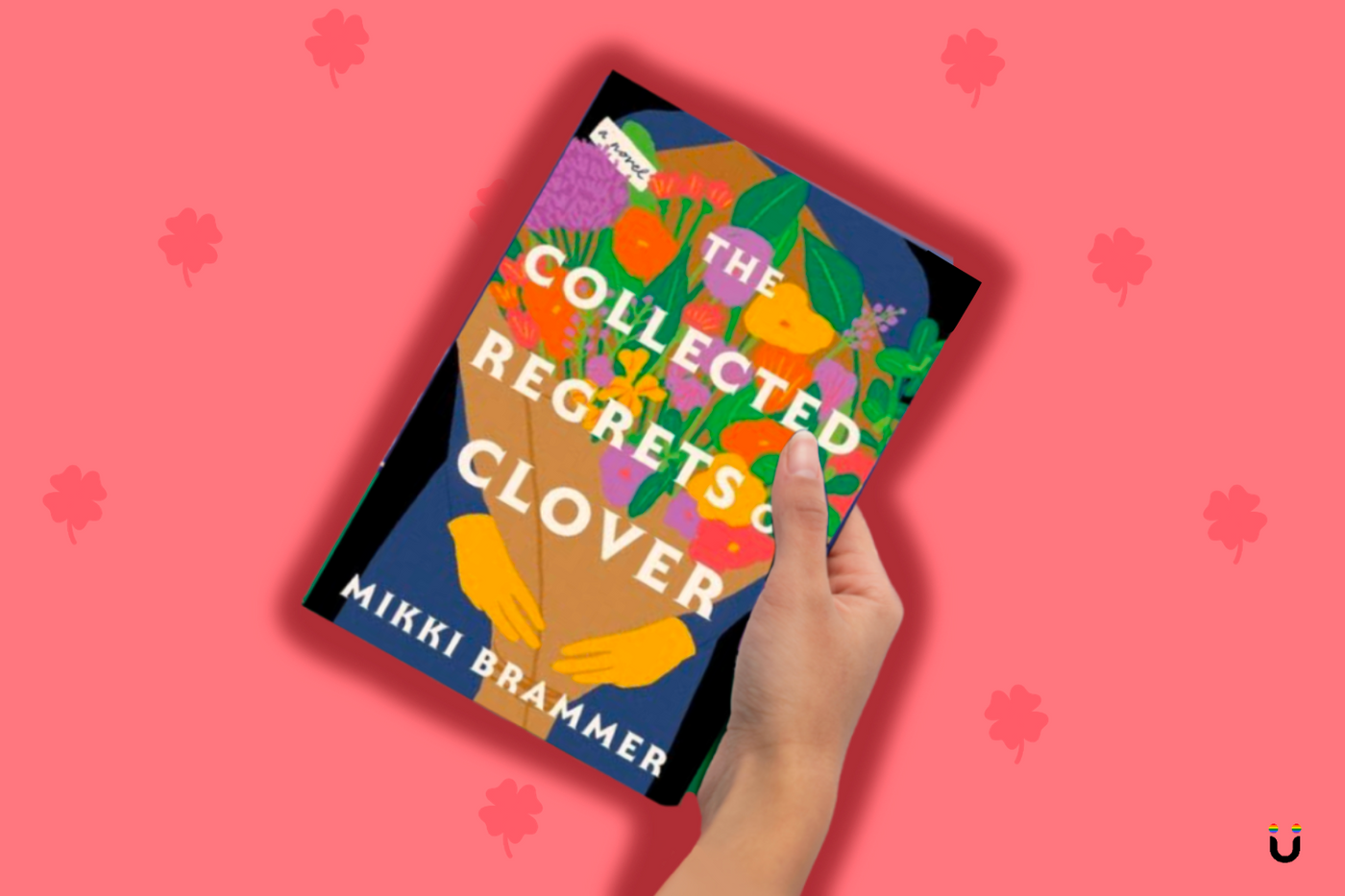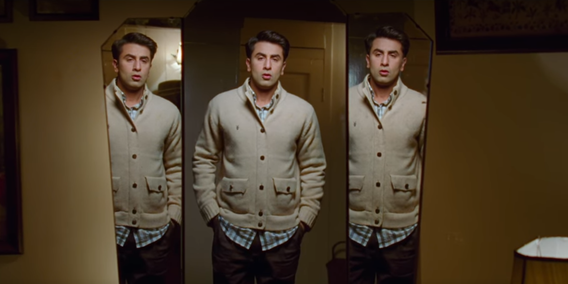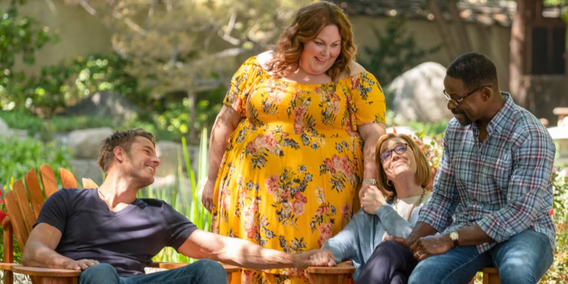In a world where discussions about death often lurk in the shadows of discomfort, The Collected Regrets of Clover by Mikki Brammer takes readers on a poignant journey. The book introduces Clover Brooks, an introverted Death Doula in the bustling city of New York, guiding her clients through the last moments of their lives while documenting their final wishes and reflections.
Clover lives a solitary existence; she shies away from human interaction and finds solace in the companionship of her grandfather's old friend (but also more importantly, amongst the books in the local library she frequented as a child). Between clients, she spends her time with her pets, playing Mahjong with her old friend, sporadic visits to different death cafes (so that she doesn't make any lasting connections with anyone), and watching her neighbours who live across the street - imagining what a life with a companion looks like.
Her work as a Death Doula leads her to record her clients' experiences in three notebooks: "Regrets," "Advice," and "Confessions” which she does diligently after the passing of each client. Sometimes, even going on to carry out the advice and undo some of their regrets in her own life, so that she can do her bit to keep their memories alive.
Clover's story embodies an exploration of embracing life, presented through the lens of an individual intimately engaged with the concept of death. We not only explore death through the eyes of Clover but also witness the deep and often underplayed impact of grief throughout her life. Through a series of recent encounters, including one with a peppy new neighbour and one of her clients, Clover starts to reevaluate her life choices and starts to question whether she is actually living her own life.
While working with death can be life-changing it is not usually in the way we might think. Knowing that one is about to pass or the realities of mortality doesn't mean that one would suddenly be filled with wisdom and learnings and knowledge and whatnot’s.
People confront death in varied ways — some cling tightly, others embrace it peacefully, while some grapple with bitterness or regret. For the person, friends, and family, this process is very scary and filled with a lot of anxiety, fear, guilt, denial, and regret. Confronting something as inevitable as death shows us how limited and fragile we are. As uncomfortable as it sounds, facing these feelings and that kind of authentic vulnerability births something truly honest in the process - the desire to be yourself. Some of the most meaningful conversations I have had were with our patients who were passing on - not because they had some newfound wisdom but because they had no more reason to be anything apart from themselves - they did not feel the need to hide behind a garb of certainty and security and were always vulnerable and real.
The irony is striking — authentic vulnerability often thrives more among the departing than the living. We deceive ourselves, believing there's always tomorrow, postponing honesty with ourselves and others. Like Clover, we shield ourselves from hurt and loss but unknowingly restrict ourselves from truly experiencing life.
"The Collected Regrets of Clover" reminded me of the profound lessons from working with death: that grief and loss are a part of all of our lives, and knowing that this is a process is not comforting but comforting at the same time. For me, it means that no matter how much I want to avoid it and protect myself, I will someday face the pain of loss too. When that happens, I wouldn't want to regret living inauthentically and guarding myself against openness and vulnerability. As much as the pain of loss causes us to close up, like Clover and the many people around us, we can heal and open ourselves up again. It was a good reminder that life's essence lies not in its duration but in how we embrace it. The concept of "cautious recklessness" beautifully captures an approach to living fully while looking after yourself, maintaining the delicate balance of living with that mix of boldness and caution, and diving into life while keeping an eye on the risks.
Ultimately, this book left me feeling more connected and open, reminding me to engage authentically with life, embracing its uncertainties every moment as I turn the last page.







